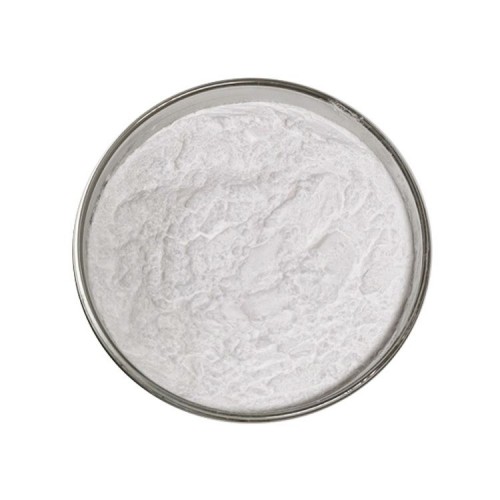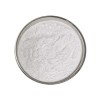



Xylooligosaccharides is one of the most powerful varieties of polysaccharides for proliferating bifidobacteria. Its efficacy is nearly 20 times that of other polysaccharides. There is no enzyme in the human gastrointestinal tract to hydrolyze xylo-oligosaccharides, so its It can directly enter the large intestine and is preferentially used by bifidobacteria to promote the proliferation of bifidobacteria while producing a variety of organic acids. Lower the intestinal PH value, inhibit the growth of harmful bacteria, and make probiotics proliferate in the intestine.
| Items | Standards | Results |
| Physical Analysis | ||
| Appearance | Fine Powder | Conforms |
| Color | White Powder | Conforms |
| Odor | Characteristic | Conforms |
| Mesh Size | 100% through 80% mesh size | Conforms |
| General Analysis | ||
| Identification | Identical to R.S. sample | Conforms |
| Xylooligosaccharides | ≥95% | 95.41% |
| Extract Solvents | Water and Ethanol | Conforms |
| Loss on Drying (g/100g) | ≤5.0 | 3.24% |
| Ash(g/100g) | ≤5.0 | 2.05% |
| Chemical Analysis | ||
| Pesticides Residue (mg/kg) | 0.05 | Conforms |
| Residual Solvent | <0.05% | Conforms |
| Residual Radiation | Negative | Conforms |
| Lead(Pb) (mg/kg) | <3.0 | Conforms |
| Arsenic(As) (mg/kg) | <2.0 | Conforms |
| Cadmium(Cd) (mg/kg) | <1.0 | Conforms |
| Mercury(Hg) (mg/kg) | <0.1 | Conforms |
| Microbiological Analysis | ||
| Total Plate Count(cfu/g) | ≤1,000 | 300 |
| Molds and Yeast (cfu/g) | ≤100 | 29 |
| Coliforms (cfu/g) | Negative | Conforms |
| Salmonella(/25g) | Negative | Conforms |